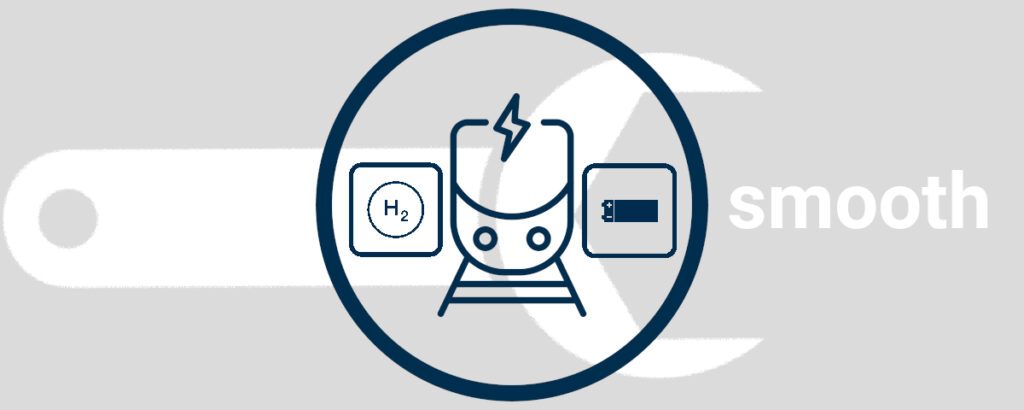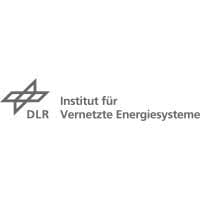Supply concept and integration of renewable energies in novel fuelling and charging infrastructures

Project description
As part of the research project commissioned by the German Center for Rail Traffic Research (DZSF), RLI is carrying out simulations and calculations for the integration of renewable energies (RE) into rail operations on behalf of the German Aerospace Center (DLR). This involves estimating the potential for direct use of renewables from the immediate local environment of an energy transfer point into the energy supply of the refueling and charging infrastructure. The primary (driver energy supply) and secondary energy requirements (losses, auxiliary units) are also included in the calculations.
Integration of Renewable Energies in Fueling Infrastructure for Rail Vehicles
The RLI is investigating different supply concepts for hydrogen at two locations (Gerolstein and Osnabrück) in Germany. Depending on the future hydrogen demand at the line sections of the respective locations, the optimal supply concept integrating potentially existing local RE is determined and economically evaluated. The challenge in the design is to be able to cover the demand for hydrogen by the SPNV at any time of the day without over-dimensioning the plant.
Simulation and optimization of different supply concepts
For each site, RLI will economically test three different supply concepts of the line sections for hydrogen trains:
on-site electrolysis of hydrogen directly at the site (a) grid supply only & (b) grid supply with integration of local RE
off-site electrolysis of hydrogen with delivery to the site by truck-trailer (grid supply with integration of local RE)
truck trailer supply of hydrogen to the site, without use of RE
For the test, the different supply concepts are first mapped with the relevant components in the open-source simulation framework SMOOTH and then optimized with respect to different sizes. The supply concepts consist of the following components, among others:
- Local PV and WE system
- Power grid
- Electrolyzer
- Hydrogen storage
- Compressor(s)
- Battery storage
Project duration: January 2021 – December 2022
Tasks
- Preparation of the load profiles for hydrogen traction units
- Evaluation and integration of the feed-in time series of the RE plants
- Definition of the optimization targets or leading indicators
- Modeling of the energy systems and simulation of the operation
- Identification of sector coupling potentials
- Evaluation and discussion

